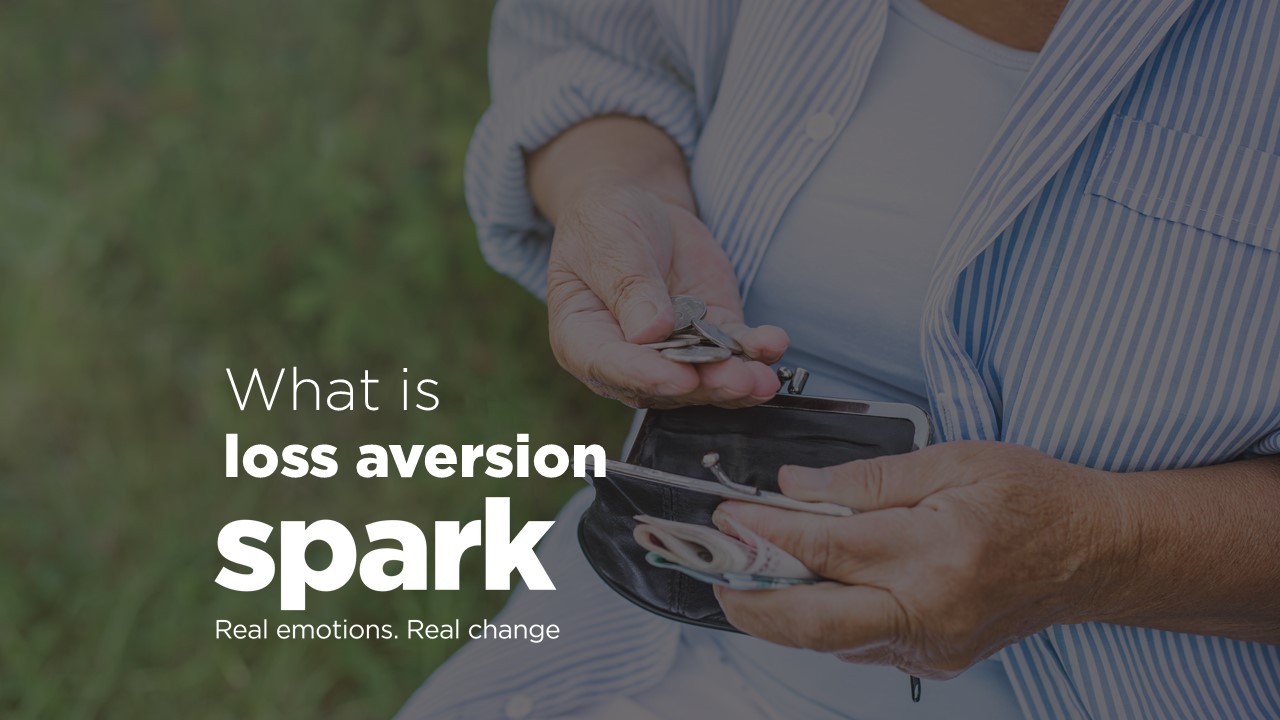Loss aversion refers to people’s tendency to prefer avoiding losses to acquiring equivalent gains: it is better to not lose £5 than to find £5.
Scientists have quantified that a loss ‘hurts’ 2.5X more than a gain. In other words, we have to find £25 to feel the same strength of feeling as losing £10
In summary, loss aversion is an important aspect of everyday economic life. The idea suggests that people have a tendency to stick with what they have unless there is a good reason to switch.
Understanding cognitive biases, such as loss aversion, is crucial to understanding your customers better. To learn more about the brain, please click here for more articles on why we behave as we do or get in touch with us here.






3 thoughts on “What is loss aversion?”